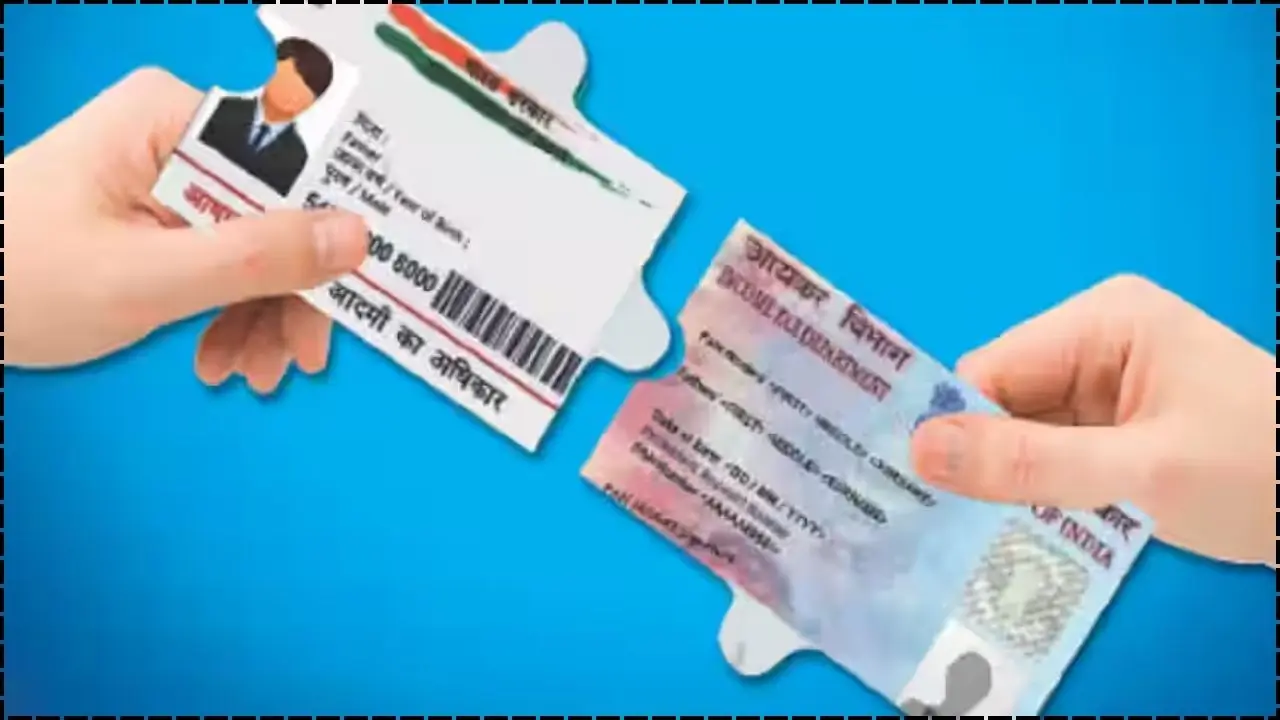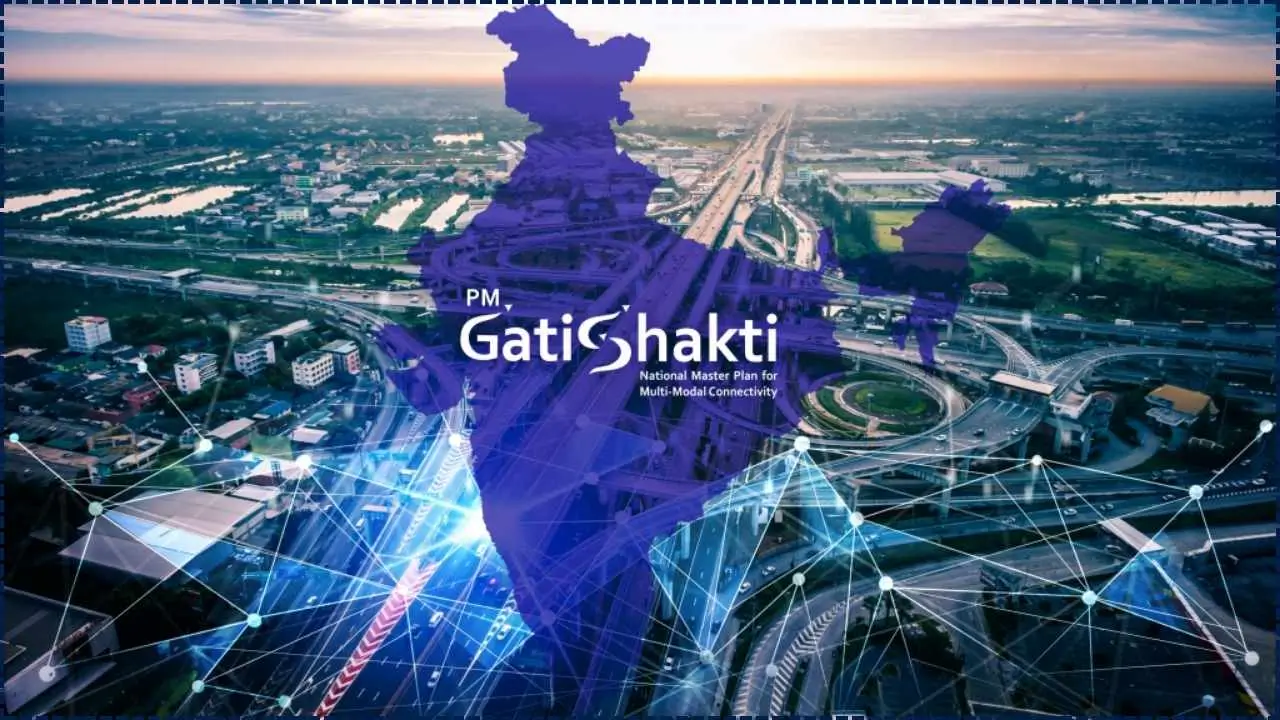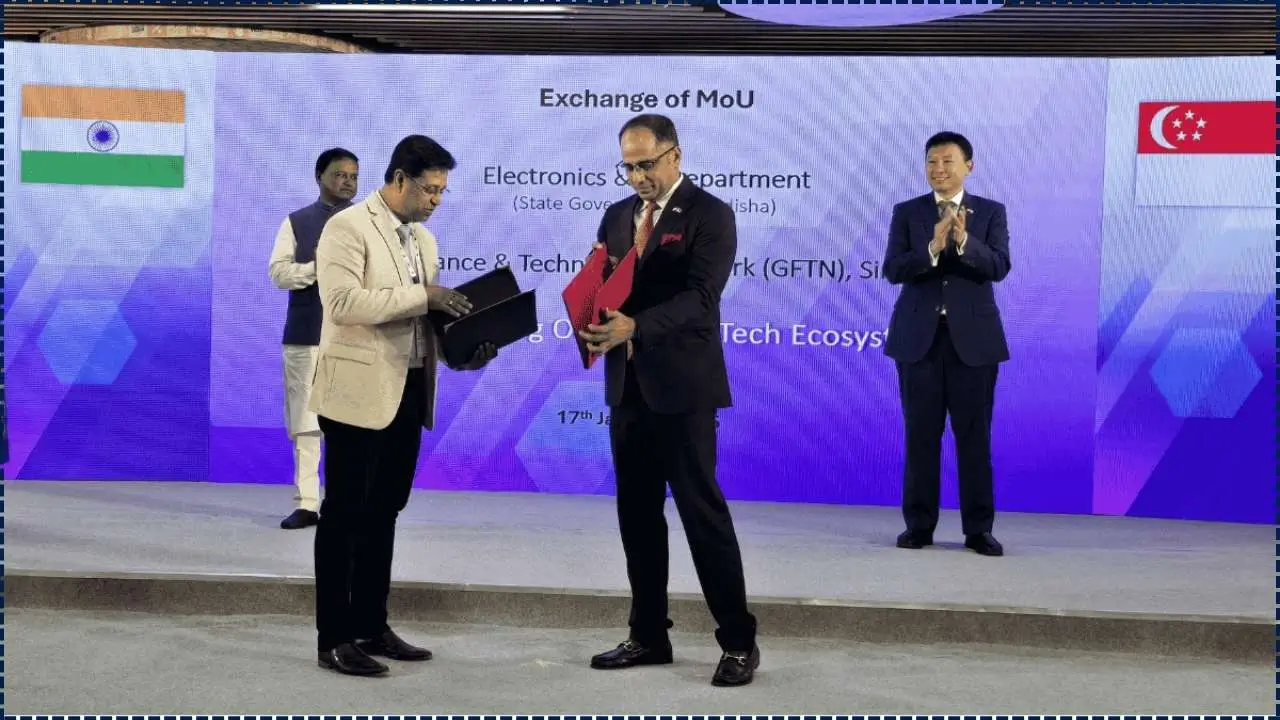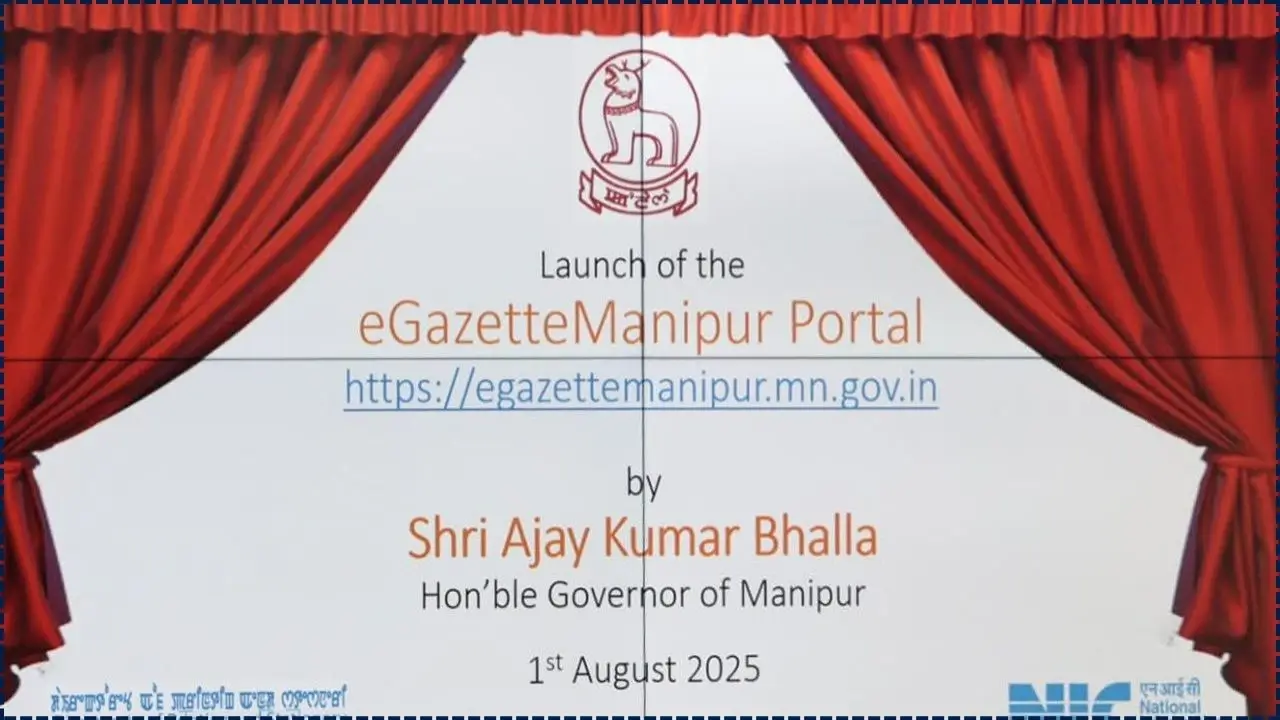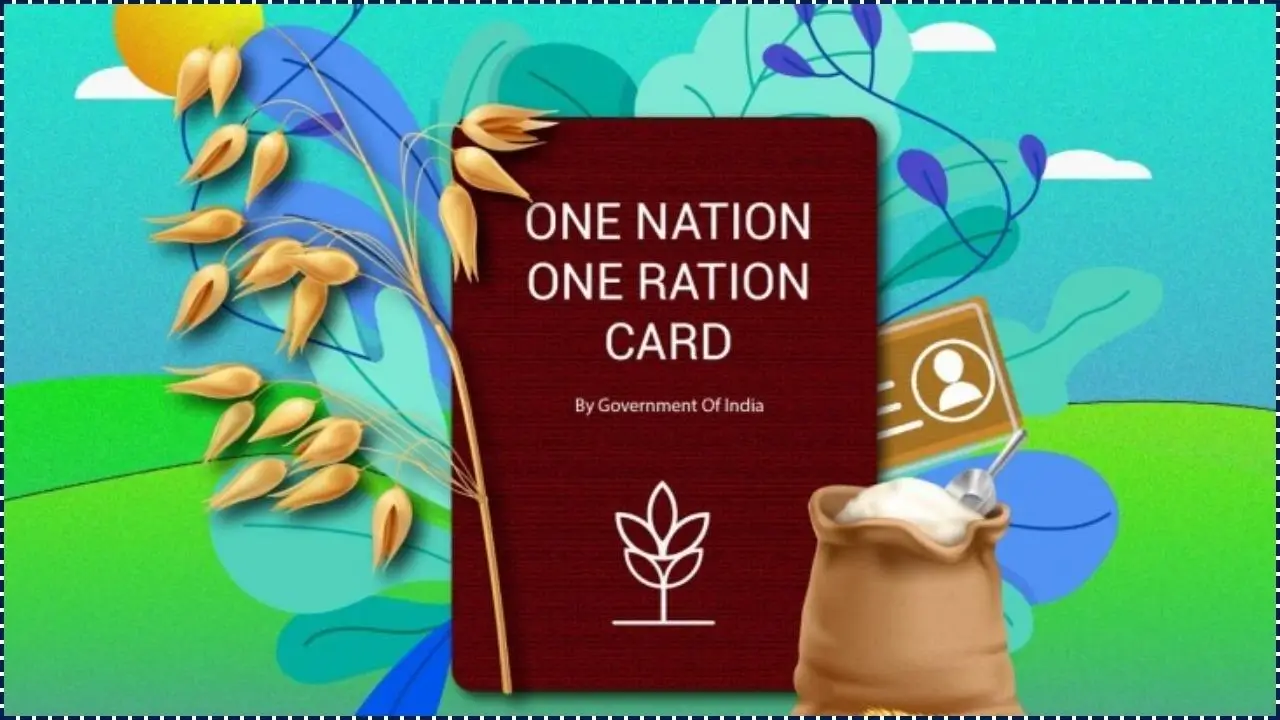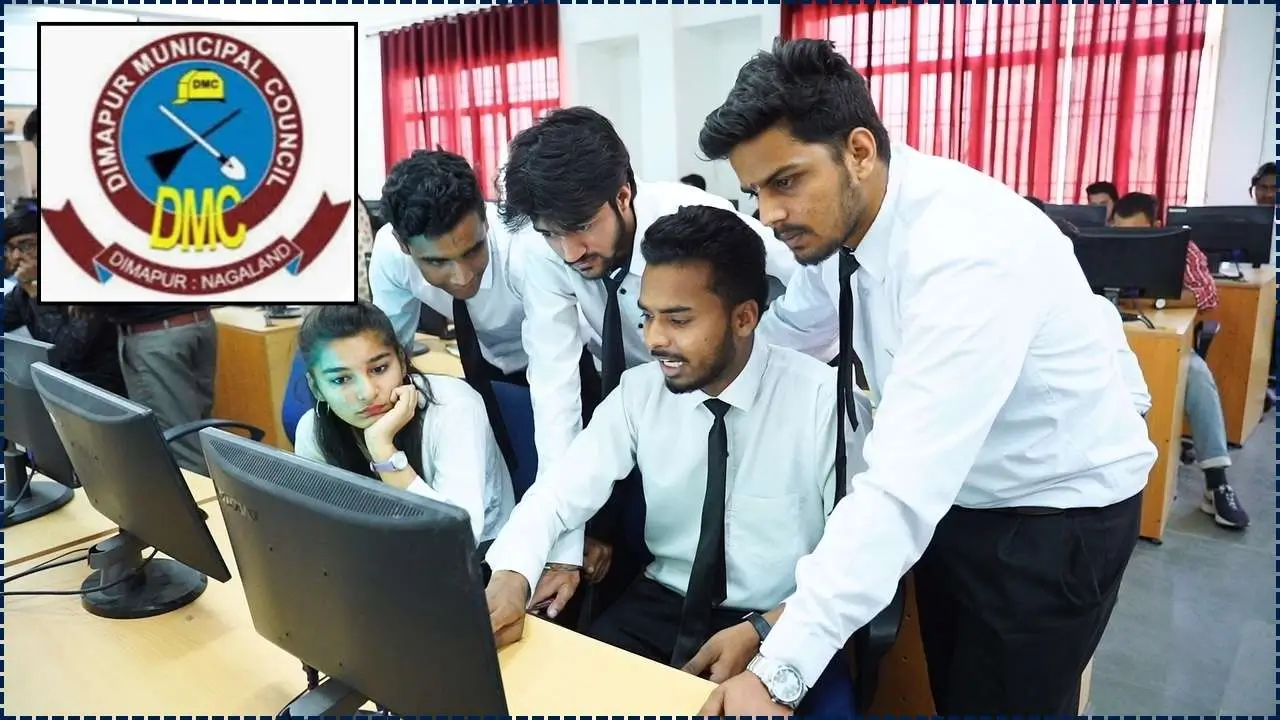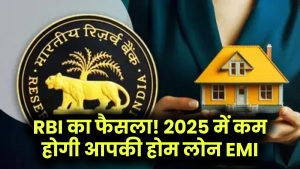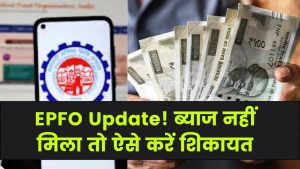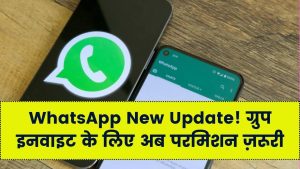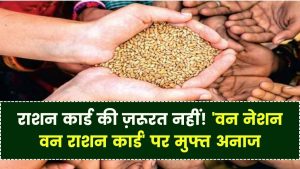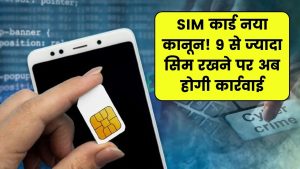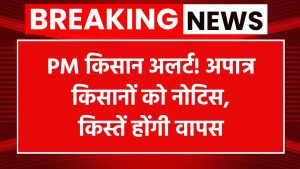India’s introduction of online income certificate applications represents a compassionate stride toward empowering citizens, especially those from marginalized and underserved communities, by enhancing access to vital government services that unlock opportunities for education, employment, and welfare with greater ease and dignity.
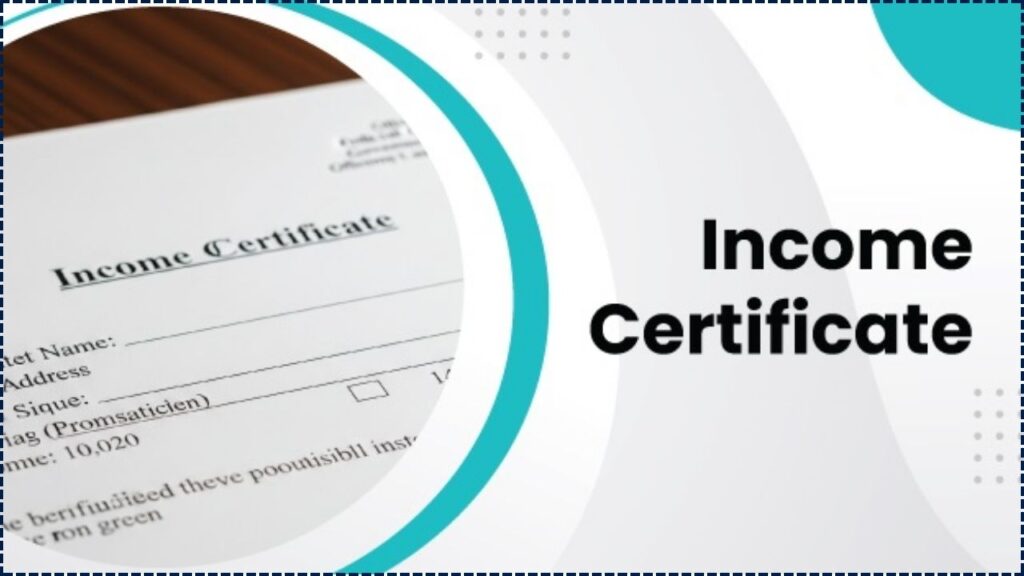
By streamlining the process across state portals, reducing paperwork, improving transparency, and minimizing delays, this digital initiative fosters inclusion and trust, ensuring that every individual can navigate the system efficiently.
Encouraging citizens to consult their state’s official portal for accurate, up-to-date instructions reflects a shared commitment to unite communities, authorities, and individuals in a mission to create an equitable, accessible framework that uplifts lives and nurtures hope for a more inclusive and supportive future across India.
Citizens across India can now apply for an income certificate online, a government-issued document that verifies a household’s annual earnings. The certificate is vital for accessing scholarships, subsidies, and welfare programmes, and most states allow applications through dedicated digital portals.
Table of Contents
What Is an Income Certificate?
An income certificate is an official document issued by state revenue authorities certifying the income of an individual or family. It is required for a wide range of services, including school and university scholarships, caste-based reservations, pension schemes, and subsidised government benefits, according to the Ministry of Electronics and Information Technology.
Officials say the online system was introduced to simplify access and reduce delays. “Digital submission ensures transparency and shortens processing time for applicants,” said a senior officer at the Department of Administrative Reforms and Public Grievances.
Income Certificate Online in India Application Process
1. Select the Correct Portal
Applications are handled at the state or district level. For example, Karnataka uses the Nadakacheri portal, while Gujarat relies on Digital Gujarat. The national services portal (services.india.gov.in) provides direct links to state-level sites.
2. Register or Log In
New users must register using a mobile number and one-time password. Returning users can log in with existing credentials.
3. Fill in the Application Form
Applicants must provide personal details such as name, age, address, Aadhaar number, and category or caste if applicable.
4. Upload Required Documents
Commonly required documents include:
- Identity proof (Aadhaar, voter ID, passport)
- Address proof (utility bills, Aadhaar)
- Income proof (salary slips, income tax returns, or bank statements)
Some states may request land revenue receipts or affidavits.
5. Pay the Fee
Most states charge a nominal fee. For example, Karnataka charges ₹15 plus service fees, while Assam levies ₹30.
6. Submit and Receive Acknowledgment
Upon submission, applicants receive a reference number. Notifications are typically sent via SMS or email.
7. Track Status and Download Certificate
Applications can be tracked online. Once approved, the certificate can be downloaded directly from the portal.
Related Links
Step-by-step Guide to Marriage Registration in Puducherry
Protecting Citizen Data: An Overview of India’s Public Sector Cybersecurity Challenges
A Beginner’s Guide to Filing Income Tax Returns Online in India
Processing Time and Validity
Processing usually takes 7 to 15 working days, though some states issue certificates faster under Right to Service laws. For example, the Government of Goa states that certificates may be provided within 24 hours. Certificates are generally valid for one financial year but may vary by state.
Recent Policy Developments
Several states have updated procedures in recent years.
- Delhi: Aadhaar has been made mandatory for issuance, according to a 2024 government notification. Applicants without Aadhaar must submit enrolment details along with alternative identification.
- Chandigarh: The administration has announced a new mobile application that will integrate services such as income certificate applications, renewals, and downloads.
- Rural access: Citizens in remote areas may apply through Common Service Centres (CSCs), which operate in over 600,000 locations nationwide.
Why the Certificate Matters
Experts note that income certificates are often the gateway to welfare access. “The document is critical for marginalised communities seeking subsidies or education opportunities,” said Dr. Anya Sharma, an economist at Jawaharlal Nehru University. Without it, many families are unable to prove eligibility for benefits.

